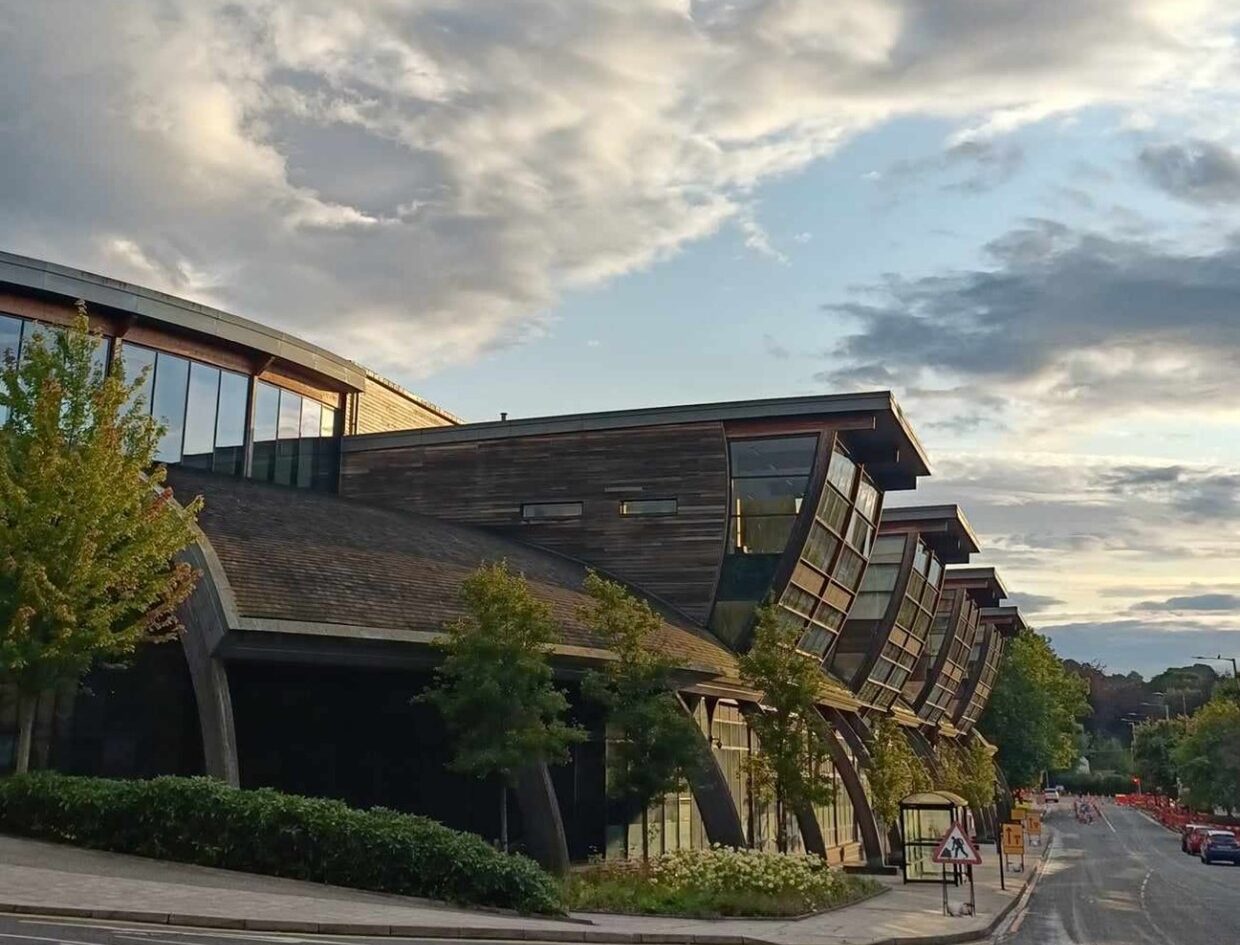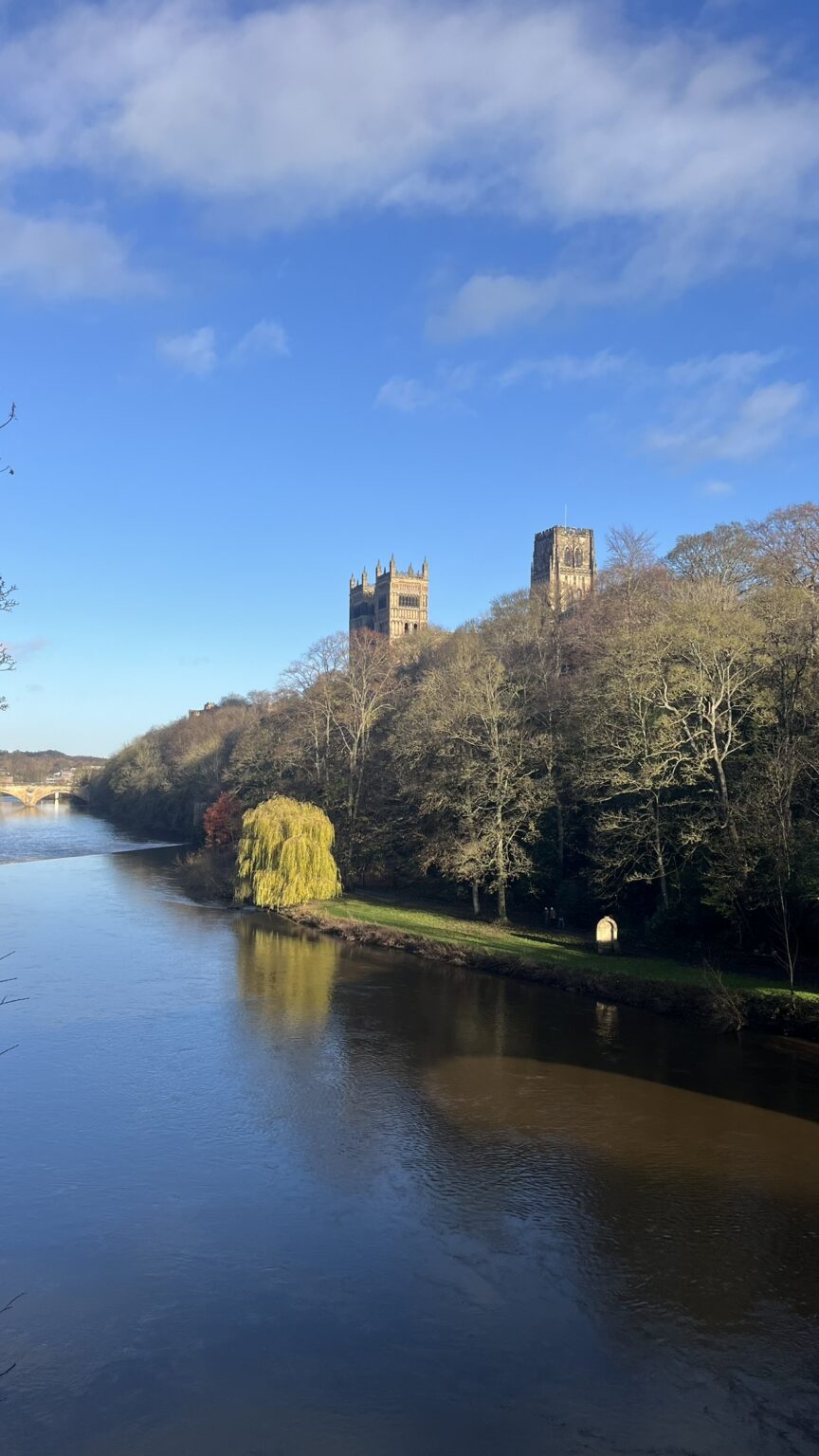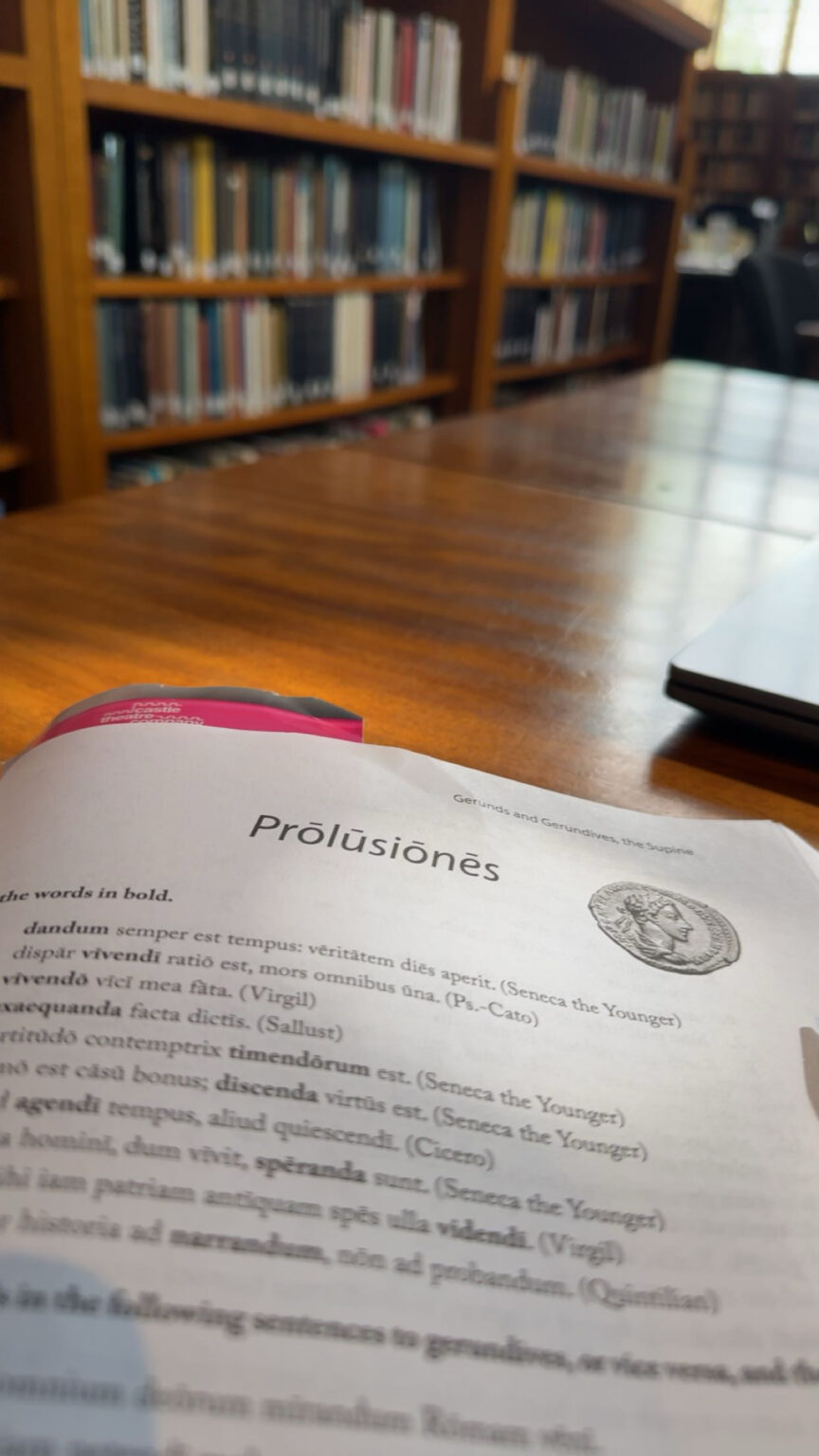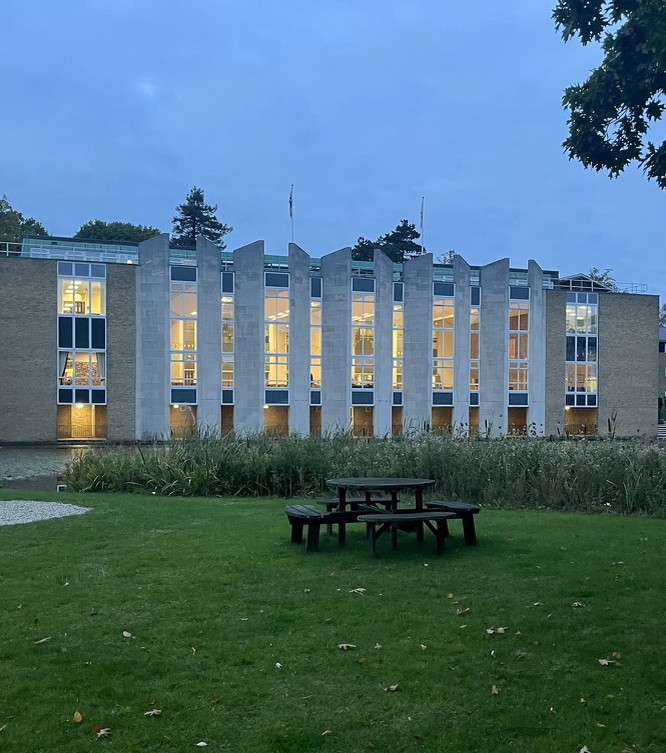With COP28 coming up in November-December towards the end of term, there’s perhaps no better time to investigate becoming involved in climate change mitigation, renewable practices, and sustainable transitions more directly. While the challenges and responsibilities of sustainability are sometimes overwhelming and seemingly indifferent to the actions of individuals, there’s always the chance to make a difference. Here’s a few suggestions to become involved at any level:
1. Volunteering
Whether it’s with colleges, societies, or externally with local organizations, volunteering can be a fantastic way to become directly involved with community action. At Durham, many of the colleges have volunteering schemes, while other initiatives like the Green Move Out, clean ups along the Wear or towards Tynemouth, or the Friends associations for maintaining local parks and woodland happen more occasionally; search online and through social media groups to find out more.
2. Research groups & newsletters
Where research is happening, there will be chances to attend talks and follow the activities being undertaken; these might be organised in relation to research groups within departments focusing on a research area, or a dedicated institute bringing together research from several different departments. Alongside signing up to newsletters from research groups, the Greenspace Environment Bulletins provide an insight into green news ongoing that week, along with other events and training to potentially sign up to – so keep an eye on its contents!
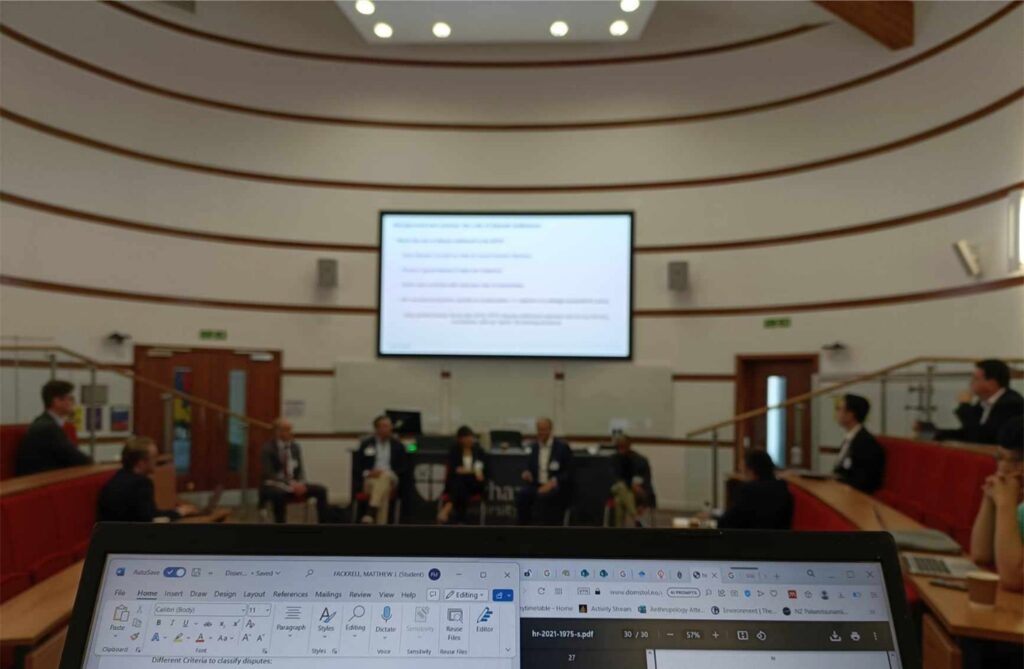
3. Student societies
Societies can be a fantastic way of meeting other like-minded people or simply finding out a little more about an area of interest through activities, events, and socials. Alongside a dedicated Climate Society, there are societies at both Durham Student’s Union and college level that focus on sustainable practices, crafts, gardening, beekeeping, and much more.
4. Local events
Further afield, keep an eye out for green conventions and events in cities close to your university during termtime, or hometown during the holidays. These might include green mingles with local businesses, talks on sustainability updates and recent news, green markets, or roundtable discussions with community and political figures – most universities also have a ‘Get Involved’ tab on their sites.
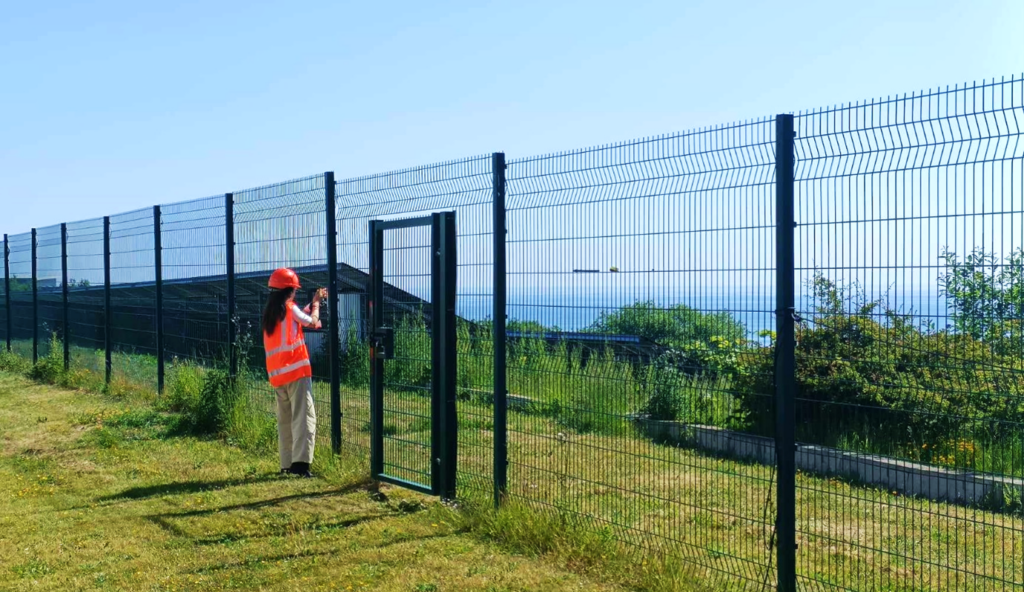
5. Training and memberships
If you’re considering sustainability as a potential career opportunity, now might be the time to start networking and training in this area – search for licenced or chartered membership organisations offering training and registrations. Many professional bodies in sustainability industries (such as those under the umbrella of the Society for the Environment (SocEnv), amongst others) also have student affiliation options, often with heavily discounted rates for anyone in education.
6. Podcasts
If time commitments are an impossibility right now, maybe consider filling your walks to and from lectures with podcasts to stay informed – another benefit being that podcasts can vary from news updates to more light-hearted discussions, depending on your mood. While there are many podcasts focusing directly on climate (as with TED or daily briefings), podcasts also provide the opportunity to explore a niche; search for climate-related episodes in history, media, or even within hobbies to see how different aspects fit together.
7. When travelling, see if green options (and green funding) are available
Within academic circles, using lower-carbon options to travel has where possible become the norm, especially where locations can be reached overland (see @cop28overland in the Department of Anthropology for an example of this happening right now). But while sustainable practices with personal behaviours are ideal, they can be sometimes harder to personally facilitate, with higher costs or more complex travel arrangements. If you’re travelling for work or to a conference, look for green options already listed, or approach the organisers to see if there might be help available to make a lower-carbon option more affordable.
8. Find a positive news outlet for climate updates
As with all discussions of the climate crisis and actions needed to tackle its related issues, constant negativity, media exposure, and stress can take its toll; the psychology of climate anxiety has become a more prevalent topic in relation to this. Recognising these hurdles, if you’re interested in finding out more perhaps look out for yourself by finding a community that shares positive progress alongside the negatives, focuses on promoting wellbeing, and explores topics at your own pace.
Discover more
Find out mroe about Durham Universoty ar COP28 here
Read the blog: Durham to Dubai – an overland journey to COP28
Matthew Fackrell
Hi! I’m Matthew, a recent postgraduate studying Sustainability, Energy and Development (MSc) in the Department of Anthropology. Having focused on photography, videos, and blog content with The Durham Student, I am currently exploring sustainability research and public engagement more broadly. When not working or studying, I can be found browsing used bookshops, outdoors, or spending time with cats - especially at home around Bristol.


